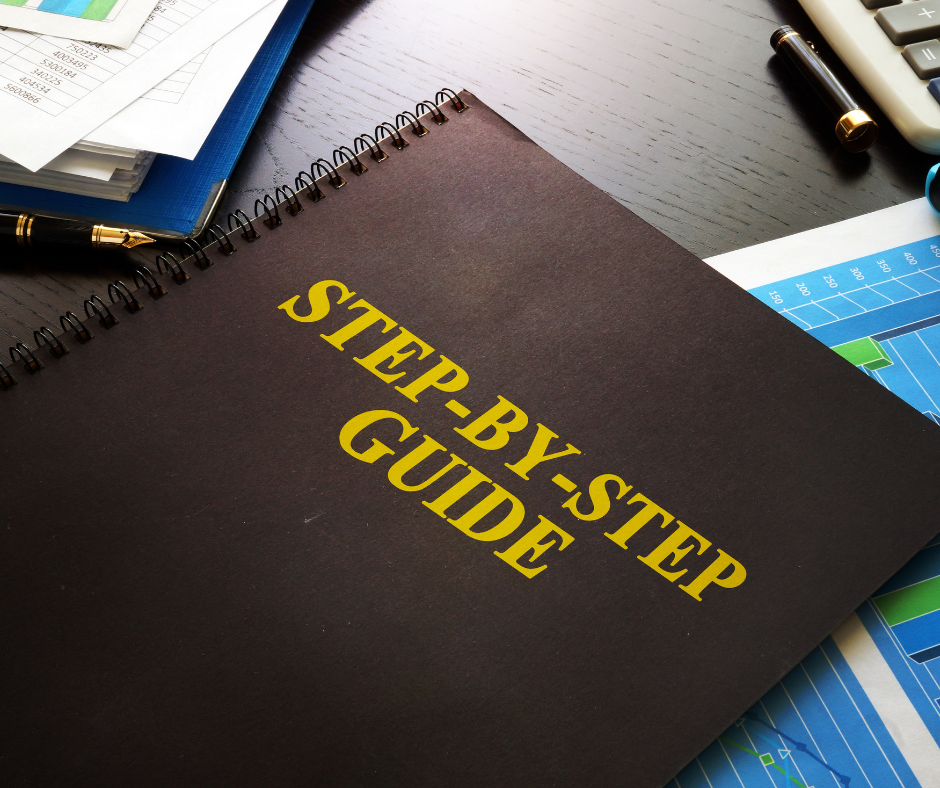In today’s competitive job market, recruiters play a pivotal role in connecting top talent with the right opportunities. To stand out, recruiters must master job descriptions, leverage active listening, employ effective communication strategies, utilize innovative tools & technologies, and foster diversity & inclusion in communication. These best practices not only streamline the recruitment process but also create a positive candidate experience that drives successful hires.
Crafting Accurate and Engaging Job Descriptions
The foundation of any effective recruitment process starts with job descriptions. Clear, concise, and comprehensive job descriptions attract the right candidates while minimizing misunderstandings about role expectations. When creating job descriptions, recruiters should focus on:
- Highlighting essential responsibilities and qualifications.
- Using inclusive language to appeal to a diverse candidate pool.
- Emphasizing company culture and values to resonate with applicants.
Optimized job descriptions also improve SEO, making it easier for candidates to find openings through search engines and job boards.
Harnessing Active Listening in Candidate Interactions
Active listening is a critical communication strategy that helps recruiters better understand candidate motivations, skills, and concerns. By attentively engaging in conversations, recruiters can:
- Build stronger rapport and trust with candidates.
- Identify underlying candidate strengths or reservations.
- Tailor communication to meet individual needs.
Active listening goes beyond simply hearing words—it involves asking clarifying questions, reflecting back what was said, and demonstrating empathy throughout the recruitment journey.
Implementing Effective Communication Strategies
Transparent and timely communication is key to keeping candidates engaged and informed. Best practices include:
- Setting clear expectations about recruitment timelines.
- Providing constructive feedback regardless of the hiring outcome.
- Maintaining consistent touchpoints via email, phone, or messaging platforms.
This approach reduces candidate anxiety and enhances the employer brand’s reputation. Furthermore, adopting communication strategies that are respectful and culturally sensitive supports better inclusion.
Leveraging Innovative Tools & Technologies
Modern recruitment relies heavily on technology to increase efficiency and accuracy. Recruiters should embrace solutions such as:
- Applicant Tracking Systems (ATS) to organize candidate data and streamline workflows.
- AI-powered tools for resume screening and candidate matching.
- Video interviewing platforms that facilitate remote assessments.
- Collaborative software that enables seamless teamwork among hiring managers.
By integrating these technologies, recruiters can reduce manual tasks, focus on meaningful candidate engagement, and make data-driven decisions.
Promoting Diversity & Inclusion in Communication
Diversity & inclusion (D&I) are essential elements of successful recruitment. Effective communication that respects varying backgrounds fosters an inclusive hiring environment. Recruiters should:
- Use bias-free language in all communications and job postings.
- Ensure interview panels represent diverse perspectives.
- Provide accessibility accommodations for candidates when needed.
- Encourage and listen to feedback on improving inclusion efforts.
Creating an atmosphere where all candidates feel valued not only broadens the talent pool but also enhances organizational innovation and culture.
*Recently, ATS OnDemand launched their AI mascot named Bradford! Bradford has over 25 years of talent management experience. After every blog, Bradford will provide his expertise in the intricate world of talent management software like never before.*
What Would Bradford Do?

Recruiters who combine well-crafted job descriptions, active listening, strategic communication, cutting-edge tools, and a commitment to diversity & inclusion will elevate their recruitment outcomes. These best practices and processes build trust, optimize candidate experience, and ultimately secure the right talent for companies. By continually refining these areas, recruiters position themselves and their organizations for sustained hiring success in an ever-evolving job market.




